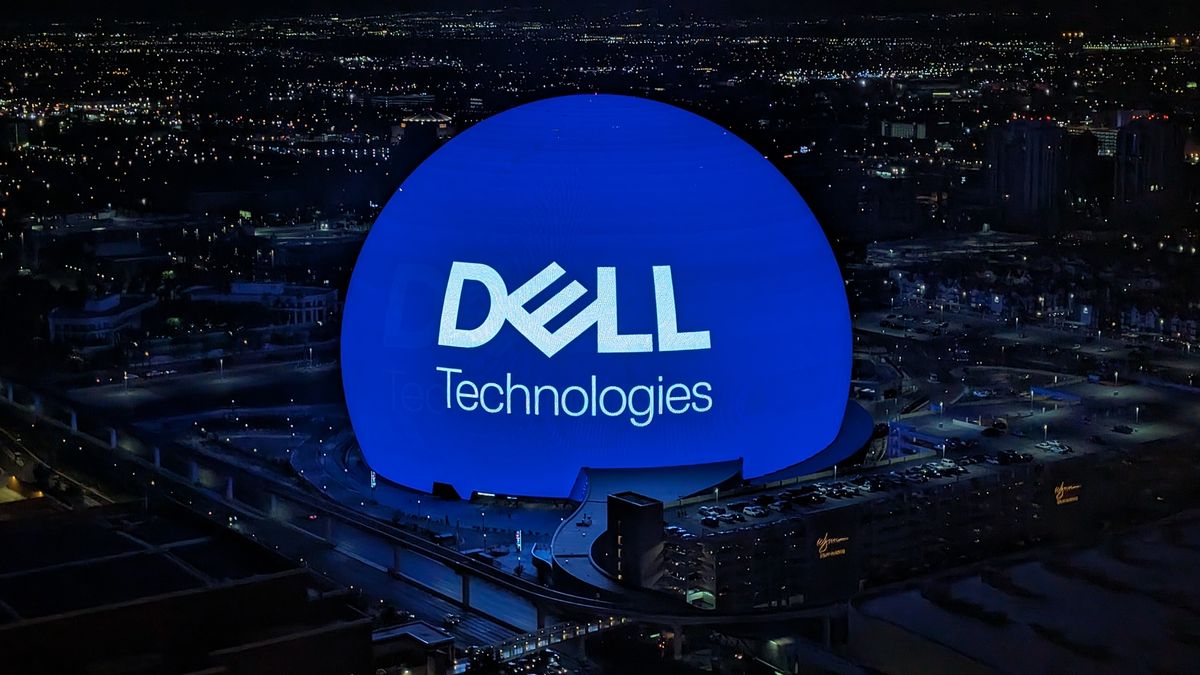The integration of artificial intelligence (AI) in various sectors like technology, law enforcement, and courts presents unique challenges regarding accountability, the extension of “human” rights to autonomous systems, and the interplay between the Constitution and nonhuman intelligences. As AI tools become more prevalent in society, it is crucial for legal frameworks to consider how traditional human rights, responsibilities, and legal structures apply to these machines in the context of the Constitution.
One such challenge is ensuring that AI tools are transparent and explainable. For instance, facial recognition AI used for suspect identification may generate results that are difficult to interpret or justify, even if they appear accurate. This lack of transparency can lead to wrongful arrests or other misuses of power by law enforcement officials. In order to address this issue, courts must consider ways to hold AI systems accountable for their actions and ensure that they are designed with transparency in mind from the outset.
Another challenge is the extension of human rights to autonomous systems. While many people believe that AI should be treated as “just another tool” with no inherent moral value or rights, others argue that these machines should have some level of autonomy and agency that demands protection under human rights laws. This debate highlights the need for clear guidelines on how AI systems should be regulated in terms of their autonomy and moral status.
Finally, there is a question about how much authority the Constitution grants to nonhuman intelligences. While many argue that AI systems should be subject to constitutional constraints similar to those imposed on humans, others believe that these machines are beyond such limitations due to their ability to process vast amounts of data at incredible speed and efficiency. This raises important questions about what it means for something to be considered a “person” under the law and whether constitutional protections should apply equally across all forms of intelligence.
In conclusion, while AI has brought numerous benefits to society in recent years, it also poses significant challenges when it comes to accountability, transparency, autonomy, and moral status. As such



